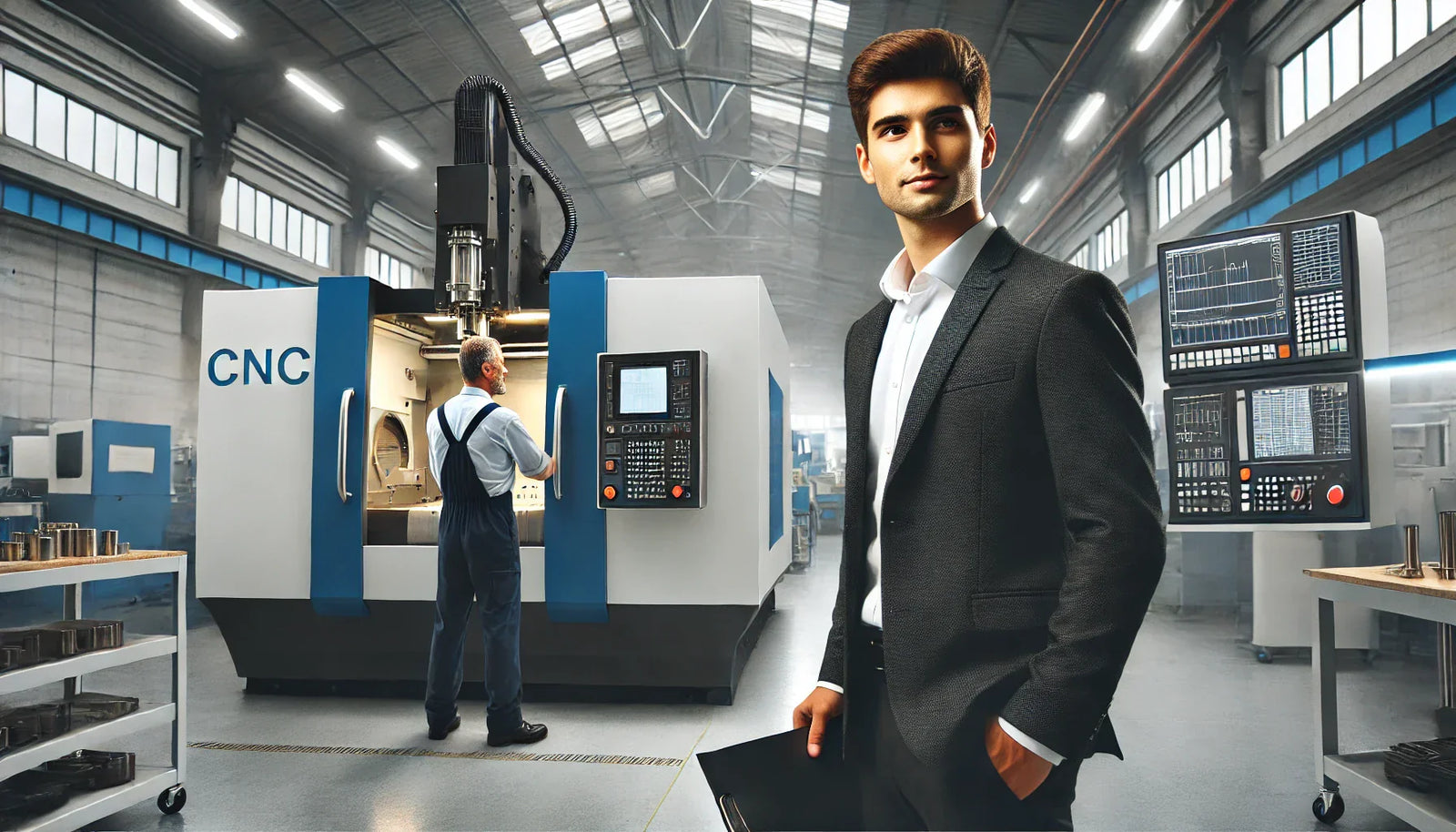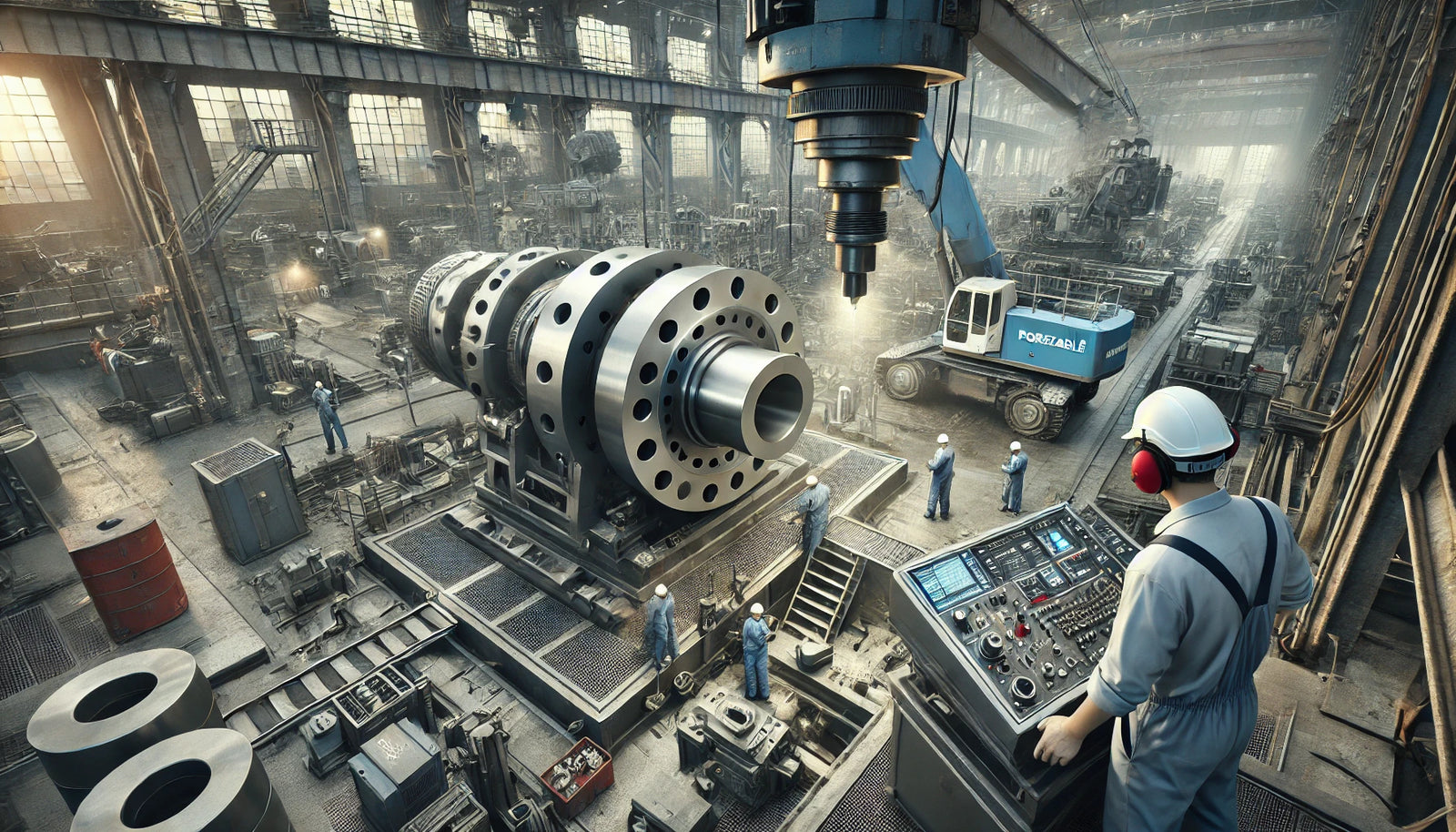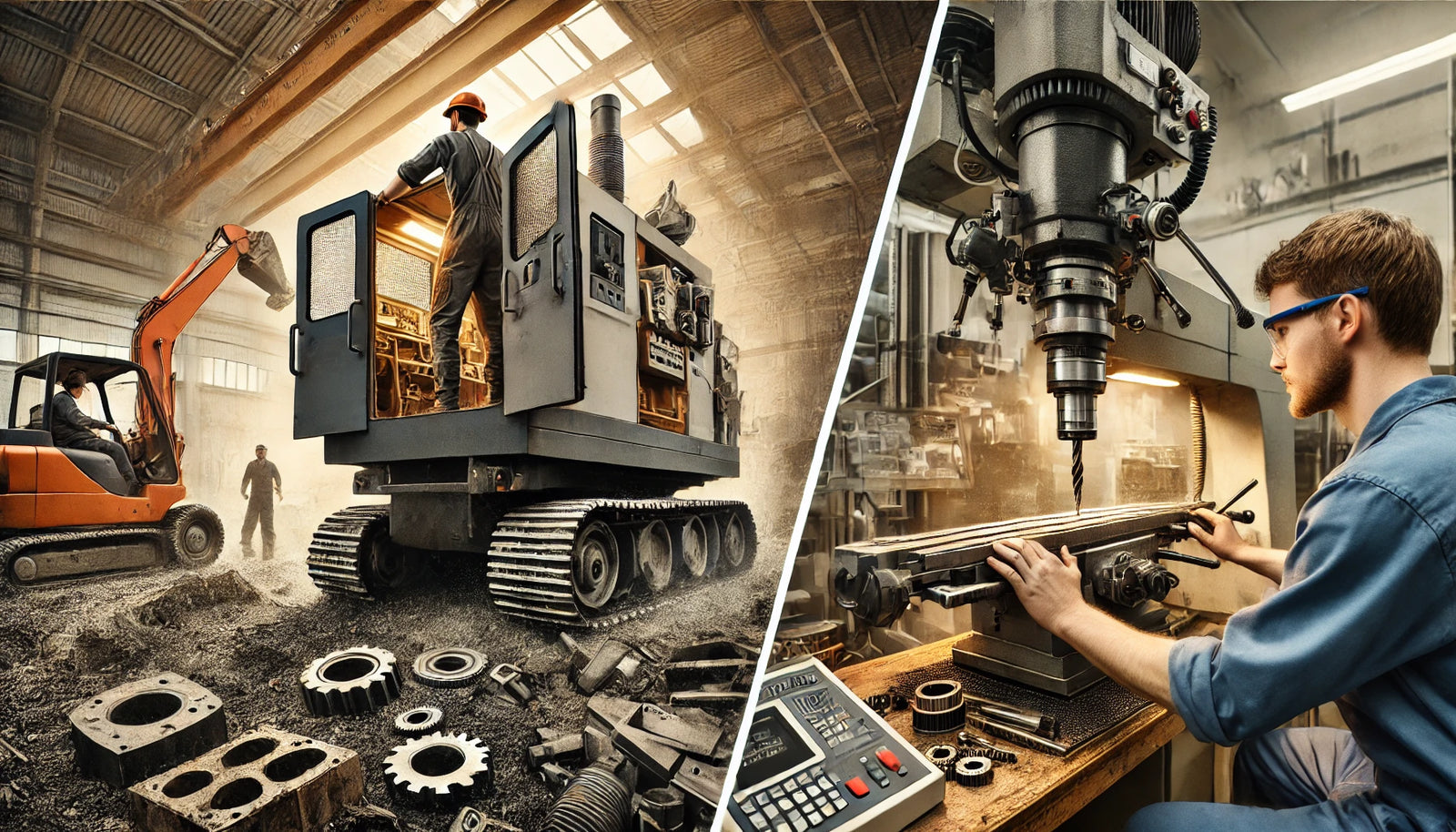The metalworking industry is undergoing a profound transformation, thanks to the advent of smart factories. These technologically advanced facilities are equipped with IoT (Internet of Things) devices, connected machinery, and sophisticated data analytics, all of which are revolutionizing traditional metalworking processes. This blog post explores how smart factories are shaping the future of metalworking, delving into the impacts and benefits of these innovations.
IoT Devices in Metalworking
Connected Machinery: A Game Changer
Real-time Data Analytics
Benefits of Smart Factories in Metalworking
- Increased Efficiency: Automation and real-time monitoring streamline operations, significantly boosting productivity.
- Enhanced Quality Control: Continuous data collection and analysis lead to more consistent and higher-quality products.
- Reduced Costs: Predictive maintenance, efficient resource utilization, and minimized waste contribute to lower operational costs.
- Flexibility and Scalability: Smart factories can quickly adapt to changing demands and scale operations as needed.
- Improved Worker Safety: Automation of hazardous tasks and enhanced monitoring reduce the risk of workplace injuries.





